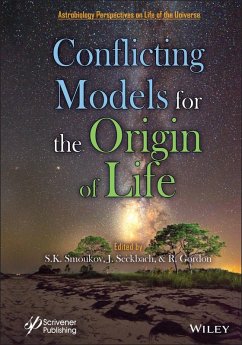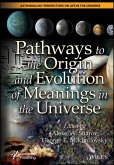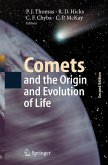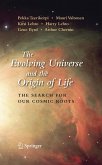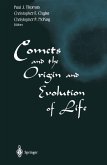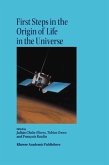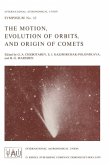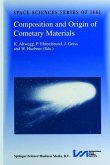Conflicting Models for the Origin of Life Conflicting Models for the Origin of Life provides a forum to compare and contrast the many hypotheses that have been put forward to explain the origin of life. There is a revolution brewing in the field of Origin of Life: in the process of trying to figure out how Life started, many researchers believe there is an impending second creation of life, not necessarily biological. Up-to-date understanding is needed to prepare us for the technological, and societal changes it would bring. Schrodinger's 1944 "What is life?" included the insight of an information carrier, which inspired the discovery of the structure of DNA. In "Conflicting Models of the Origin of Life" a selection of the world's experts are brought together to cover different aspects of the research: from progress towards synthetic life - artificial cells and sub-cellular components, to new definitions of life and the unexpected places life could (have) emerge(d). Chapters also cover fundamental questions of how memory could emerge from memoryless processes, and how we can tell if a molecule may have emerged from life. Similarly, cutting-edge research discusses plausible reactions for the emergence of life both on Earth and on exoplanets. Additional perspectives from geologists, philosophers and even roboticists thinking about the origin of life round out this volume. The text is a state-of-the-art snapshot of the latest developments on the emergence of life, to be used both in graduate classes and by citizen scientists. Audience Researchers in any area of astrobiology, as well as others interested in the origins of life, will find a modern and current review of the field and the current debates and obstacles. This book will clearly illustrate the current state-of-the-art and engage the imagination and creativity of experts across many disciplines.
Dieser Download kann aus rechtlichen Gründen nur mit Rechnungsadresse in A, B, BG, CY, CZ, D, DK, EW, E, FIN, F, GR, HR, H, IRL, I, LT, L, LR, M, NL, PL, P, R, S, SLO, SK ausgeliefert werden.

